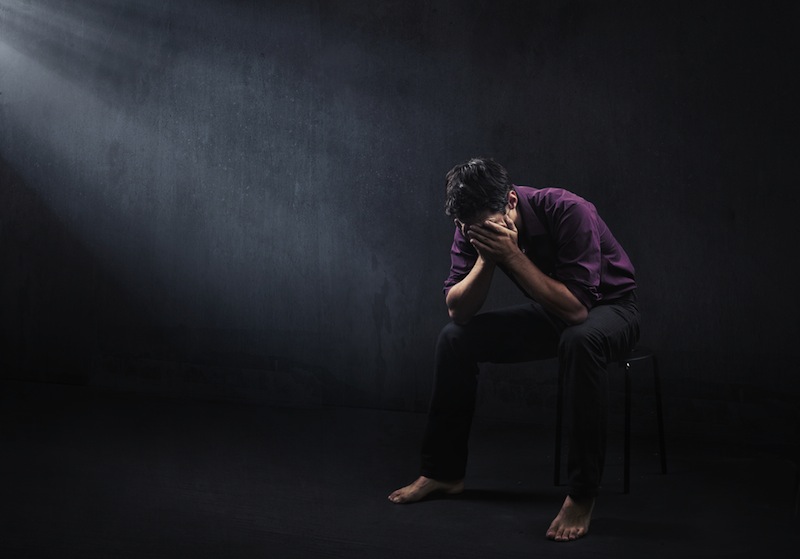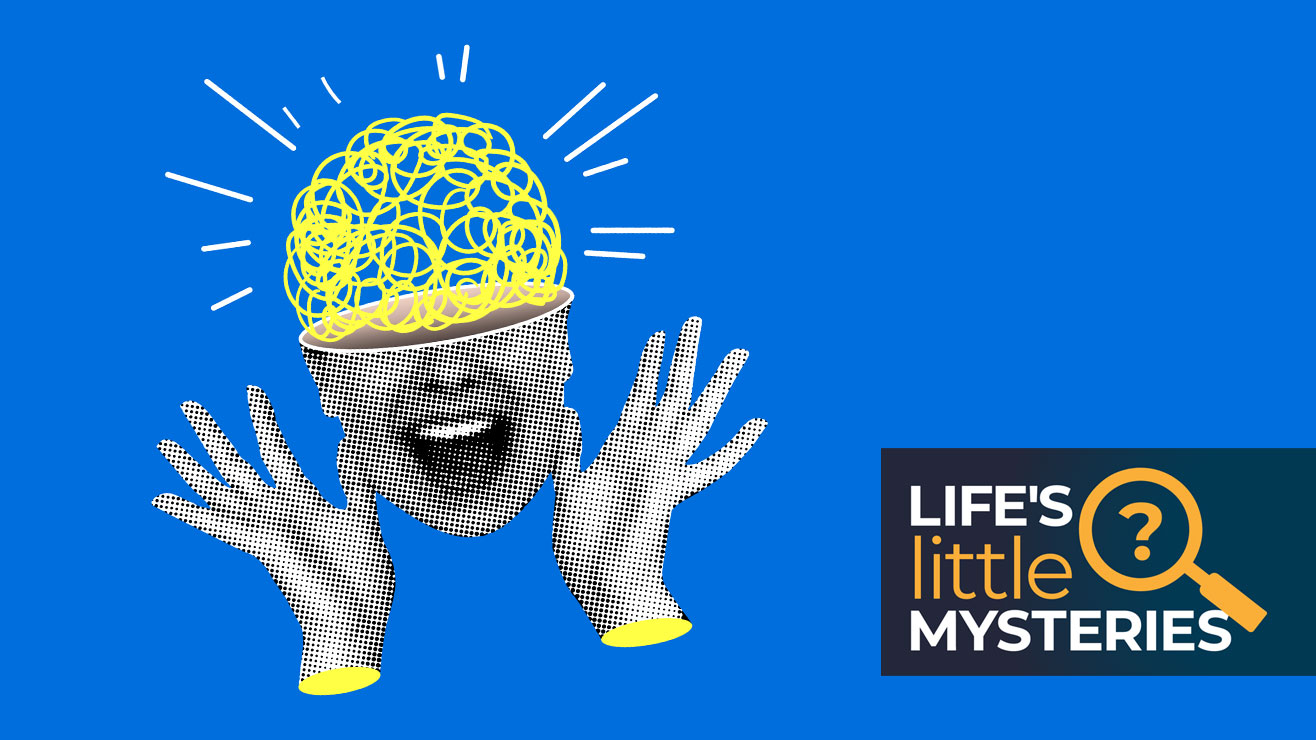Is it Better to Think Alone? Maybe Not (Op-Ed)


Jeff Nesbit was the director of public affairs for two prominent federal science agencies. This article was adapted from one that first appeared in U.S. News & World Report. Nesbit contributed the article to Live Science's Expert Voices: Op-Ed & Insights.
Apparently, we don't like to be alone with our own thoughts.
Such was the finding In a rather surprising new set of studies by Harvard researchers published recently in Science. Most study participants reported the mere fact of being alone with their thoughts was an unpleasant experience.
In one of the more startling studies, a significant number of people who had earlier said they would pay $5 to avoid things such as mild electric shocks administered precisely such electric shocks to themselves to avoid boredom — just minutes into their isolation.
In that particular study, two thirds of the men administered at least one mild electric shock to themselves during a 15-minute isolation, and a quarter of women did so — essentially, to give themselves something to do rather than sit quietly with their own thoughts.
"People prefer doing to thinking, even if what they are doing is so unpleasant that they would normally pay to avoid it. The untutored mind does not like to be alone with itself," the researchers concluded.
"The gender difference is probably due to the tendency for men to be higher in sensation-seeking," they added. "But what is striking is that simply being alone with their own thoughts for 15 minutes was apparently so aversive that it drove many participants to self-administer an electric shock that they had earlier said they would pay to avoid."
Get the world’s most fascinating discoveries delivered straight to your inbox.
No single group was better suited to being alone with their thoughts — all groups found the experience similarly unpleasant.
"There was no evidence that enjoyment of the thinking period was related to participants' age, education, income, or the frequency with which they used smartphones or social media," the researchers found.
The researchers conducted 11 different studies, with participants ranging from college students to people from all walks of life, in an effort to gauge how people handled being alone with their own thoughts for up to 15 minutes at a time.
Study participants also answered questions about how pleasant or unpleasant the experience was (most found it more unpleasant); what they thought about during their isolation (most said they did not have productive or meaningful thoughts); and whether directed-fantasy thoughts helped (they did not).
The researchers even tried to see if the experience was more pleasant, meaningful or productive at home rather than in a sterile lab setting or classroom setting. It wasn't. People were just as unhappy with their isolation at home as they were in the lab or classroom. And a third of the at-home study participants said they had "cheated" on a simple mental test by using their mobile device or getting up from their chair to wander in search of answers.
People were actually less happy at home than in the lab — and more distracted at home than outside it. "There was no evidence that participants enjoyed the experience more when they were in the privacy of their own homes," the researchers found.
Given the overall findings, it wasn't surprising that in one study comparing people who were told to think alone to those who were allowed to engage in external activities like texting or web-surfing, those who engaged in external activities claimed they were able to concentrate better than those who were simply left alone with their own thoughts.
So what can people do to be more comfortable with their own thoughts? Meditation helps, studies have shown. But it might also help to just put your mobile device down (or even, heaven forbid, out of sight altogether) every so often.
Nesbit's most recent Op-Ed was "Holocaust Denial and Conspiracy Theories Won't Solve World Problems." This Op-Ed was adapted from "Isolation Doesn't Sit Well With Us," which first appeared in Nesbit's column At the Edge in U.S. News & World Report. The views expressed are those of the author and do not necessarily reflect the views of the publisher. This version of the article was originally published on Live Science.



